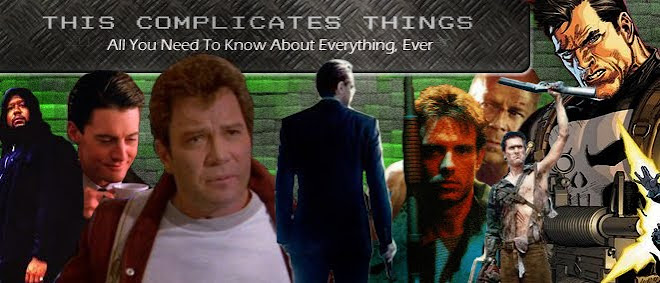
"The Town" is by no means a bad film. It's got some solid performances and directing. The only problem I have with Affleck's film is that I've seen this done before. Yes I know cinema is bound to repeat it's self but there is so little here that is fresh. Alot of reviewers have given this film 5 stars and hailed Affleck as a director to contend with in Hollywood and honestly I just don't see how.
Like the title says if you saw "Heat" so long ago or more recently "The Departed" then nothing in the "The Town" will come off as being clever or new. So it baffles me how so many critics are treating this like it's a masterpiece. It is by far the most overrated film this year, nothing has been as underwhelming as this crime drama. That said I still havnt seen "The Social Network".
I think what annoys me most about "The Town" is not what it gets wrong but the opportunities it misses to distance its self from other films in the genre.
Anyway the plot basically follows a crew of bank robbers that pull a bunch of "Point Break" style hiests. However on one job they take a hostage as collateral but release her soon after they getaway. Soon after they realise that the hostage lives a few blocks a way. This is apparently a problem because...I don't know she might run into one of them or something. So Ben Affleck must "take care" of her by seducing her...I dont know how this is supposed to help but...
Anyway there is some underplayed cat and mouse stuff and the group commits another robbery on an armored car leading to a fairly good getaway chase scene that ends on a hilarious moment. eventually the inevitable happens and Affleck's love interest finds out he was one of the robbers who took her hostage. There's one more robbery which goes badly but Affleck escapes to Florida. Oh and it's hinted that our hostage/love interest still has feelings for him even though he put her through the most traumatic experience in her life.
That's the briefest summary I can give it but inbetween there's the whole 'ghetto kids with no hope' story thread that gets used in every film with sympathetic criminal characters. Because all criminals are so because of their bad childhoods....wait maybe but still.
What annoys me most is that this is a paint by numbers crime drama that takes alot from previous films in the genre without adding anything new. Even more so it is incredibly easy and there are plenty of hints that this film could have diverged into Neo-Noir rather than the typical happy ending. There is alot here that makes you just wish they had done something a little more like Affleck's previous effort "Gone Baby, Gone".
Still there is alot of fun to be had it's just not the masterpiece of cinema some have made it out to be. A solid watch but it will fade so quickly into that massive mess of other crime drama films.

